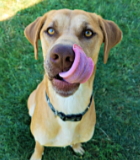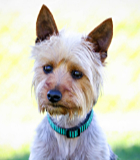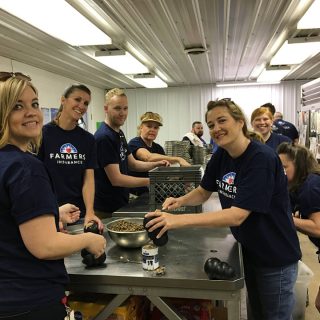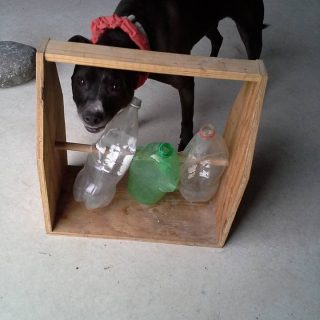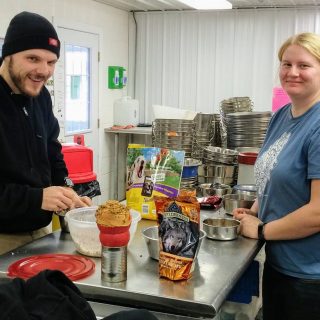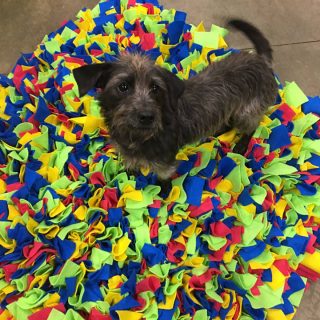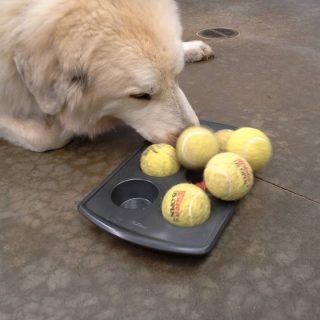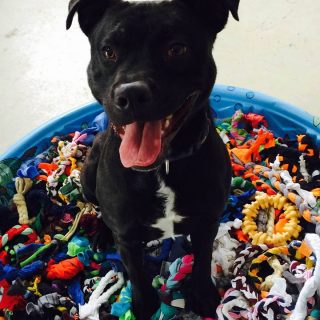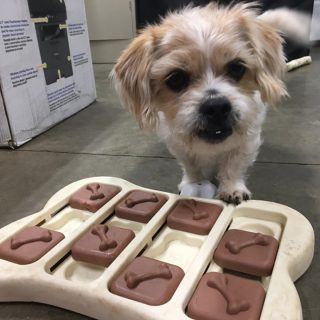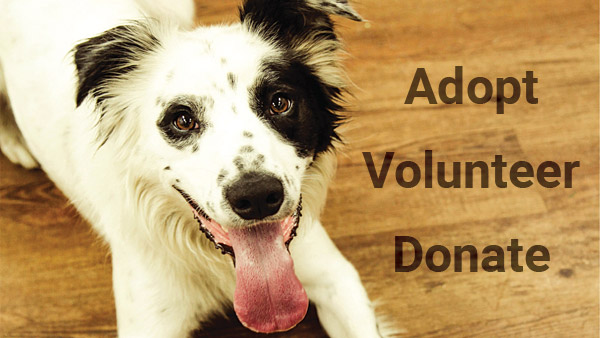K-9 Enrichment
We are thrilled to share that the ASPCA recognized Mackenzie’s Animal Sanctuary for our exciting Enrichment Program to benefit the lives of our shelter dogs during their stay at the Sanctuary.
Although dogs can’t say when they’re bored, they can express their boredom, stress level, and anxiety in any number of ways. Common behavioral responses to the tedium and stress of kennel life include: Barking, Jumping, Spinning, Chewing, Snapping, Resource guarding, Withdrawing.
How the Enrichment Program Helps
A shelters enrichment program can make a major difference in the daily life of these rescue dogs: A variety of in-kennel and out-of-kennel experiences engage dogs and make their days more interesting. When engaged in enrichment activities, dogs are less likely to develop the inappropriate behaviors that are their own efforts at relieving boredom and stress. Enrichment helps dogs maintain their mental, physical, and emotional health so that they remain good adoption candidates and don’t become behaviorally at risk.
Enrichments Tip
Think like a dog. A rope toy soaked in meat broth, frozen, and then offered as a chew treat may sound messy and gross to you, but dogs are fine with messy and gross. You can offer canine enrichment without creating a lot of extra work for shelter staff.
Mackenzie’s shelter enrichment program incorporates enrichment activities into the daily routine. You can create a robust program on a very slim budget. For example, Mackenzie’s created food-dispensing devices out of free and low-cost paper products, such as lunch bags, copier paper, and paper-towel rolls. Great enrichment opportunities are available in your recycle bin!
Variety and change themselves are enriching experiences, and you can use this to your advantage. See The Daily Change-Up and Food, Glorious Food for simple ways to add variety to kennel life. Monitor your program to see what works and what doesn’t. Add more of what works, and remove the elements that don’t appeal to the dogs. Expect to fine-tune your program for individual dogs’ needs and preferences. If the dog doesn’t interact with it, it’s not enrichment.
A toy or treat that sits untouched in the kennel is not enriching that dog’s environment. Enrichment doesn’t replace training and behavior modification. You can build some basic positive-reinforcement training into activities with humans. Dogs who are behaviorally at-risk still need separate behavior modification sessions with a staff member or trained volunteer. Because dogs are social animals, social interaction is extremely important to most dogs, especially dogs who are confined separately in kennels. For dogs with no known aggression toward other dogs, play time with other dogs and time with humans are the highest-value enrichment experiences that you can provide.
Your support in the program helps keep these rescue dogs very happy, which in return, makes them more adoptable! Thank You!






